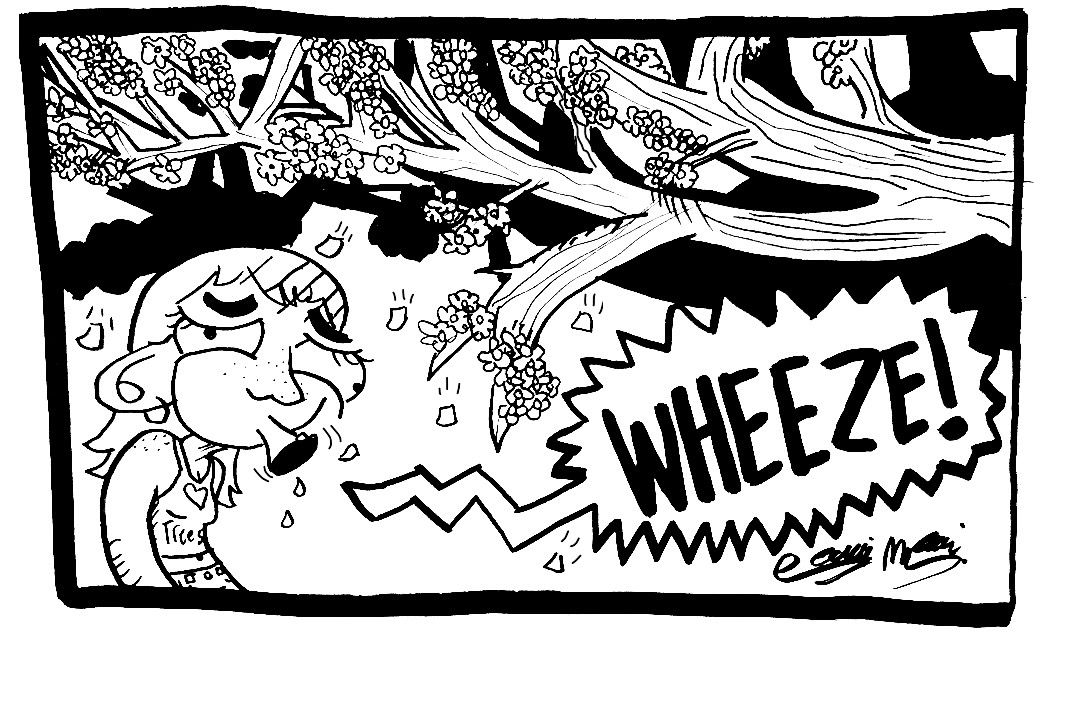Last week, The Hatchet reported that a GW student was caught plagiarizing when the student’s professor used the detection service Turnitin.com, which compares student work to a database of previous publications and student papers. The Hatchet asked students whether Turnitin.com is an effective way to catch plagiarism, or if it undermines the principle of the academic integrity code.
“Since students are using new technology to cheat in new and more elusive ways, professors have to keep up with the times. (Turnitin.com is) the best way right now of doing that.”
-Caroline Coppel, Freshman, International affairs
“It definitely undermines the academic code – you’re using the program because you don’t really trust (the code). However, these programs are very risky. I don’t know the criteria they use to search the database, but there’s no way to prove that what could be plagiarism is just a simple honest mistake or a similar idea.”
-Harry Dobelle, Sophomore, International politics
“Cheating compromises academic integrity in general. If (students) are going to be unfair in doing assignments, the University has the right to be unfair in catching them.”
-Evan Felper, Sophomore, Political Science
“It’s certainly a fair way to catch students. If you’re going to plagiarize, you don’t have any business critiquing the University for trying to find new ways to catch you.”
-Robert Miller, Junior, International affairs
“I think it’s fair. Plagiarism is an illegal offense. The academic code should definitely mean something, but in reality I don’t think it means as much as it should. That’s why you need something like Turnitin.com.”
-Clea Levinson, Freshman, International affairs




